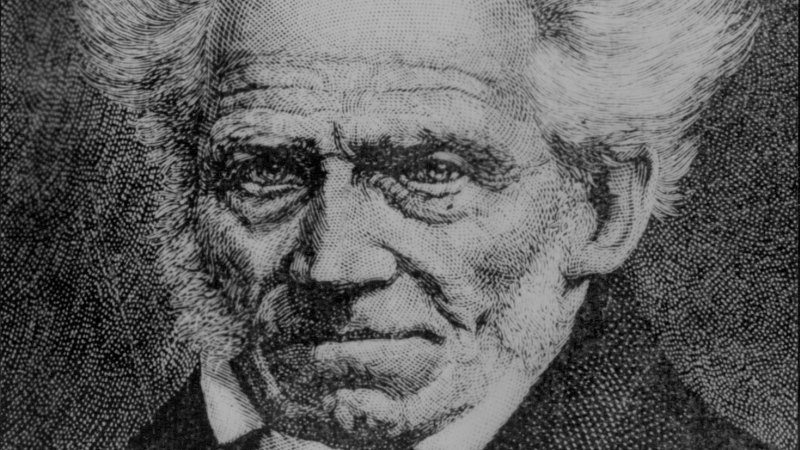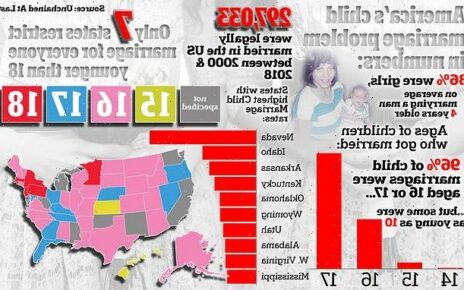Save articles for later
Add articles to your saved list and come back to them any time.
Lately, I’ve been thinking of the German philosopher Arthur Schopenhauer. It’s not a daily event, be assured. Schopenhauer was thought by many to be of a pessimistic bent. Essays of his, such as On the Suffering of the World, aren’t the product of a cheerful soul. Perhaps that’s why, in times like these, I have found myself walking with him in the early morn.
Schopenhauer was a creature of the 19th century. He was born in Gdańsk, Poland, on February 22, 1788, (just a month after the First Fleet landed at Sydney Cove, not that he would have known, I’m guessing) and died in 1860. Wars were aplenty during his lifetime. Indeed, he left Berlin in 1813 to avoid military service in Prussia’s war against France.
German philosopher Arthur Schopenhauer.
While war 200 years ago was equally a thing of closeness as it was distance, there was a detachment of time and space from the death, destruction, horror and suffering of the battlefield.
Today, there is no lag from event to knowledge. The Vietnam War half a century ago brought war into homes via television, and played a huge part in informing the public, and turning opinion against it. Now, the massacre of civilians by gun and missile is seen and heard as quickly as the time between a gun’s recoil and a body slumped on the ground. Life and death in an instant.
News now doesn’t so much circle the globe as pierce it, laserlike, hemisphere to hemisphere. Now, we all are witnesses that much quicker than in Schopenhauer’s day. It’s a bombardment of a different nature from the battlefield, but it still washes over the surface of our days.
Which is where Schopenhauer appeared beside me on the wooded path through the trees. In his Suffering essay, he writes: “If the immediate and direct purpose of our life is not suffering then our existence is the most ill-adapted to its purpose in the world. Each individual misfortune, to be sure, seems an exceptional occurrence, but misfortune in general is the rule.”
In the darker moments of news of killings, it’s a stance with which it is hard to argue. Testing one’s collective faith in people is a Sisyphean task, given the desperate plight of the victims of war and geopolitical bastardry.
But then Schopenhauer can, however, see a light, flickering weakly. He also writes that such faith from people to people requires “the most necessary of all things: tolerance, patience, forbearance and charity, which each of us needs and which each of us therefore owes”.
I simply nod as we walk. It’s spring and the oaks have awakened; their now full branches form a vault folding over the path and when the light catches them they shimmer and glow.
And then, the philosopher sighs next to me: “Mostly it is loss which teaches us about the worth of things.”
’Tis a pity then, I reply, that we are so dim that what you say is both true and false. Some see another’s loss as their gain. War is an ugly truth.
And in a leap of the imagination, I quote back at him George Orwell’s dictum: “It is a mysterious thing, the loss of faith – as mysterious as faith itself. Like faith, it is ultimately not rooted in logic; it is a change in the climate of the mind.”
These days we carry this climate change within us.
Most Viewed in National
From our partners
Source: Read Full Article



